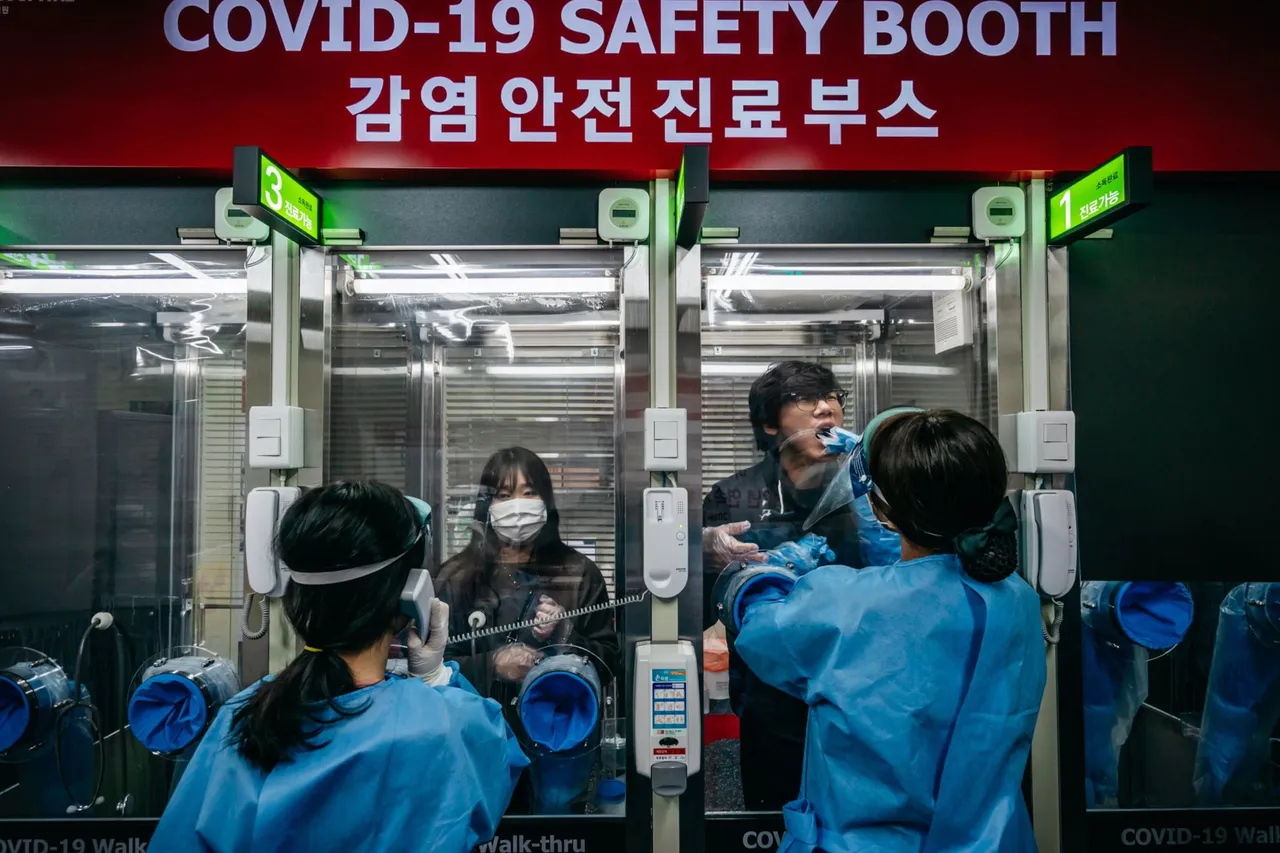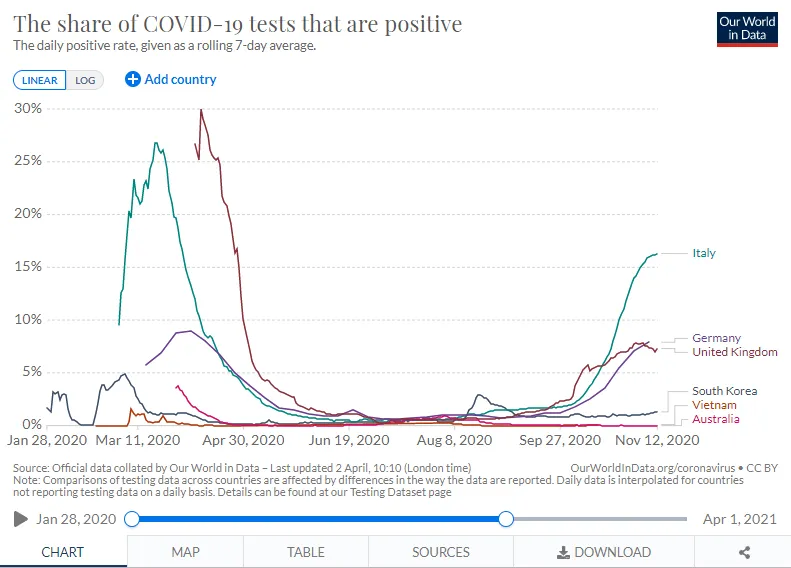
I can't stand the wild, uninterrogated hypotheses people have about Asia's success with the coronavirus in particular.
The hypotheses border on the outright racist to shallow exoticism. There really isn't a grand mystery to their overperformance and there is a lot to learn from it. The exoticism and wild speculation only serve to make us incapable of learning the right lessons from this pandemic.
Take South Korea for example. The actual attributes of their success are far more boring, but actually actionable and reproducible. They had a disastrous response to MERS in 2015, where they were too often slow and rigid in response. You know what they did though? They reformed their pandemic response infrastructure.
I think the data on masks we have now suggests mask wearing likely helped a lot, but it wasn't the entire story. Masks are nice as signalling tools. They remind people of the threat.
One reason I don't think masks are a silver bullet in themselves are that there are some countries outside Asia that have some decent sized coronavirus outbreaks but high mask wearing. Take Italy for example that has had high mask wearing since the spring. Comparable levels to Japan/South Korea in the 80-90s.
That being said I have my issues with the mask wearing polling as mask use outside the home can be a misleading metric of mask efficacy if people are mostly wearing masks in grocery stores but not at bars/church.
They instituted changes to testing that allowed private labs to use unapproved test kits. The government emphasized early, extensive, and fast testing after the slow testing rollout of MERS. For the coronavirus pandemic this would mean thousands of tests being produced within the first couple weeks of the pandemic and the creation of drive thru testing sites.
They completely revamped their epidemic surveillance infrastructure. During MERS, case data was withheld from the public and data sharing was limited. Reforms in the aftermath allowed epidemiological investigation units to utilize location tracking and CCTV data to augment contact tracing interviews. This would prove vital in the coronavirus pandemic as they were able to identify a significantly greater amount of suspected exposures than traditional contact tracing.
And they focused on case isolation. Like Vietnam and a number of other Asian countries they had a tiered isolation system. Severely ill were to be cared for in hospitals. Symptomatic patients that were milder were to be monitored in isolation centers till they recovered or worsened. And this is key, suspected exposures, regardless of if they were symptomatic were self isolated at home. This tiered system combined with the fast testing and robust tracing systems allowed for chains of transmission to be broken rapidly.
Here is a good discussion on South Korea from Our World in Data:
